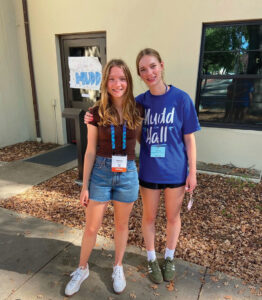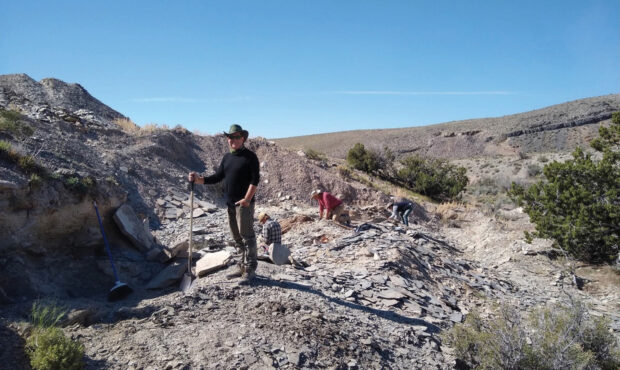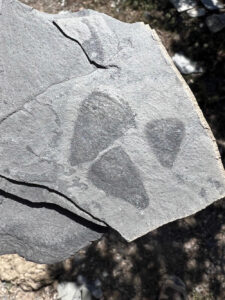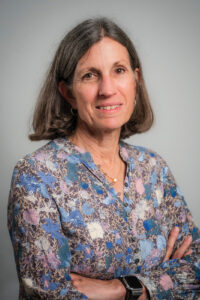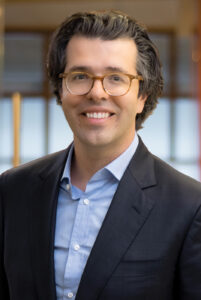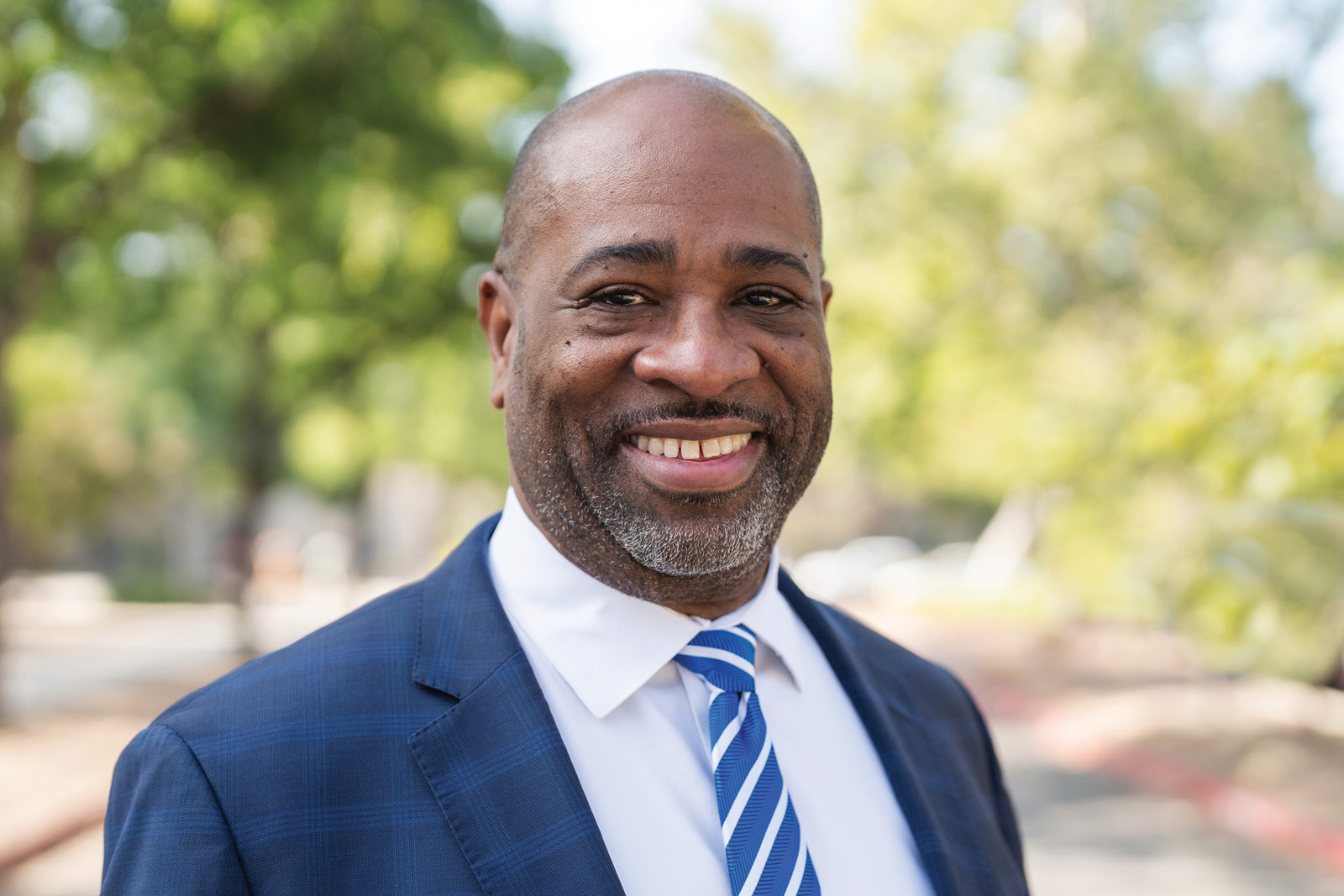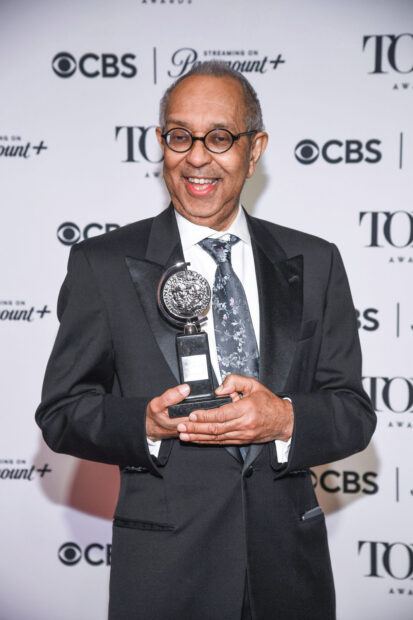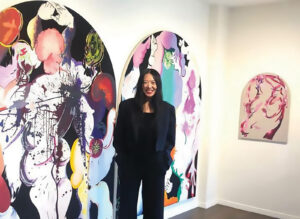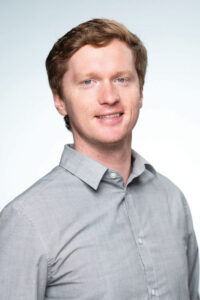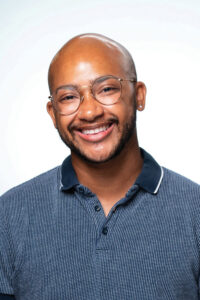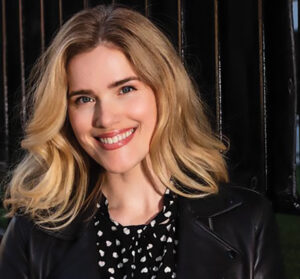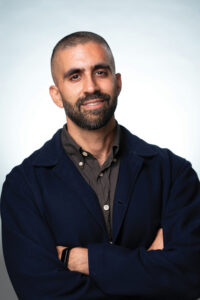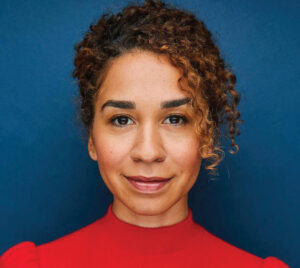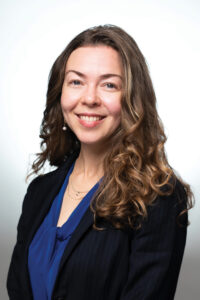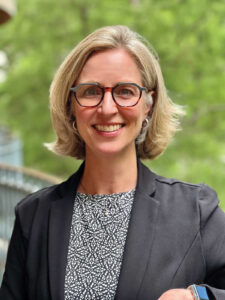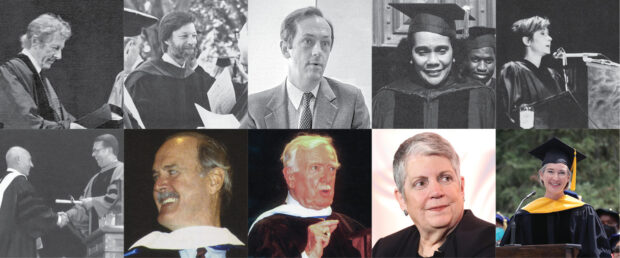
Top: Danny Kaye, Richard Chamberlain, Bill Bradley, Coretta Scott King, Twyla Tharp. Bottom: Patrick Stewart, John Cleese, Walter Cronkite, Janet Napolitano, Jennifer Doudna.
Pomona’s first commencement was in 1894, but it wasn’t until May 1925—100 years ago this spring—that the school brought in outside speakers to dispense wisdom to the new graduates.
As English Professor Bruce McCulley put it in February of that year, “There was a strong sentiment in many quarters that it may be to the advantage of all if the present practice of having [exclusively] student commencement speakers were discontinued and a [person] of national repute as a speaker be secured.”
As Pomona’s reputation grew in the ’70s, the College was increasingly able to procure bigger and bigger names from the worlds of education, public service, politics and the arts. Here’s a look back at some of the most notable speakers of the last 50 years.
1978: Comedian Danny Kaye
1981: Actor Richard Chamberlain ’56
1982: New Jersey Senator Bill Bradley
1984: Civil rights activist Coretta Scott King
1987: Choreographer Twyla Tharp
1995: Actor Patrick Stewart
1999: Actor/comedian John Cleese
2004: News anchor Walter Cronkite
2010: Homeland Security Secretary Janet Napolitano
2022: Gene-editing pioneer & Nobel laureate Jennifer Doudna ’85
Notable Quotes
“When we make politics a crusade, politicians will begin to understand that they must serve all the people and not just a select few.” —Coretta Scott King, 1984
“Go out and celebrate, but before you do, spend a few moments writing in your yearbook about how your life and the world unfolded, 47 years from today. After that, go out and do something. Do something that you love. Do something that matters. Do something to preserve and cherish our pale blue dot.” —Steven Chu, 2011 (U.S. Secretary of Energy and Nobel laureate)
“I suspect that if kinship was our goal, we would no longer be promoting justice, we would be celebrating it…The measure of your compassion lies not in your service to those on the margins, but in your willingness to see yourselves in kinship with them.”—Father Gregory Boyle, 2014 (founder, Homeboy Industries)
“Real success comes when you identify what you are passionate about doing, and then you do it 110 percent. … We all face challenges in our lives—that’s a part of being human. I think what sets apart those that are successful in whatever they want to do is just embracing those challenging moments and turning them as much as possible into opportunity.” —Jennifer Doudna, 2022
“Tomorrow you will move on. With an education, with experience and with choices. Make a difference.” —Patrick Stewart, 1995
Correction: An earlier version of this article incorrectly stated that Bill Bradley was a senator from New York. In fact, he represented New Jersey in the U.S. Senate from 1979 to 1997. We regret the error and thank Steve Johnson ’82 for bringing it to our attention.
